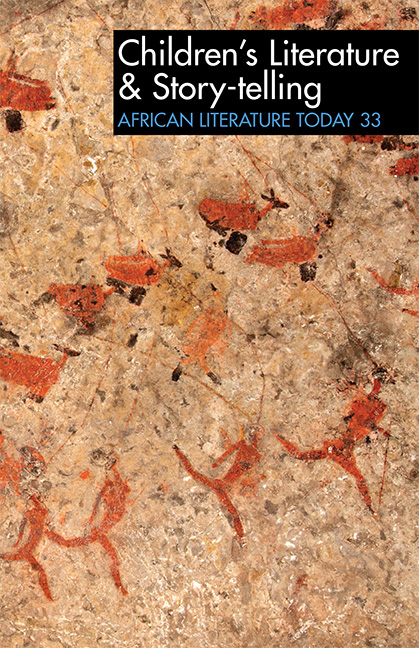J.K.S. Makokha, Ogone John Obiero and Russell West-Pavlov, eds, Style in African Literature: Essays on Literary Stylistics and Narrative Styles
Published online by Cambridge University Press: 22 May 2021
Summary
In a beautifully written ‘forward’ to Style In African Literature: Essays on Literary Stylistics and Narrative Styles (2012), Chin Ce re-presents a question that has reverberated in African cultural scholarship for more than half-a-century, on the paradigms for decoding African literature. Chin Ce is apparently uncomfortable with African intellectuals who, he says, ‘continue to operate from remote antiquities of western particularities,’ and who should endeavour ‘to mitigate its basic lack of synthesis in scholarship – that exclusivist attitude that is barely at home with an indigenous linguistic base of interaction with a world language.’ Ce's discomfort with the current critical criteria for African literature is the reason he rates Style in African Literature superlatively.
Chin Ce's proclamation may sound a little like a piece of romantic and naïve nativism, but he goes further to clarify his position: ‘It is obvious we can fare our cultural products no better by embalming them in mainstream western precepts and, as I have stated in a previous forum, where we simply pander to, rather than transform, hegemonic linguistic and ideological structures for some convenient artistic or financial respite, we are further threatening to bring a whole circle of African heritage to the cul-desac of ‘mutant traditions’ (2012: 14). These opening coda in Style in African Literature may sound alarmist, but they present challenges to any reviewer of a book of essays on postcolonial literatures in the twenty-first century. The editors of Style in African Literature seem enthusiastic in their coverage of significant strands in postcolonial African literary stylistics, particularly within the frames of postcolonial narratology and feminist hermeneutics. Important questions then arise: what does postcolonial narratology consist in? How does one locate the post-ness of the postcolonial ‘post’? Is the recourse to linguistics or an audacious embrace of stylistics enough in the decoding of postcolonial narratology? It is sad that not one of the 19 contributions in the book remotely engaged with this issue since the 2005 publication of Gerald Prince's seminal essay, ‘On a Postcolonial Narratology.’ Beyond postcolonial narratology, what is the place of style in the ideological paradigm of Feminism? What are the specifics of a Feminist hermeneutics?
- Type
- Chapter
- Information
- ALT 33 Children's Literature & Story-tellingAfrican Literature Today, pp. 198 - 205Publisher: Boydell & BrewerPrint publication year: 2015



